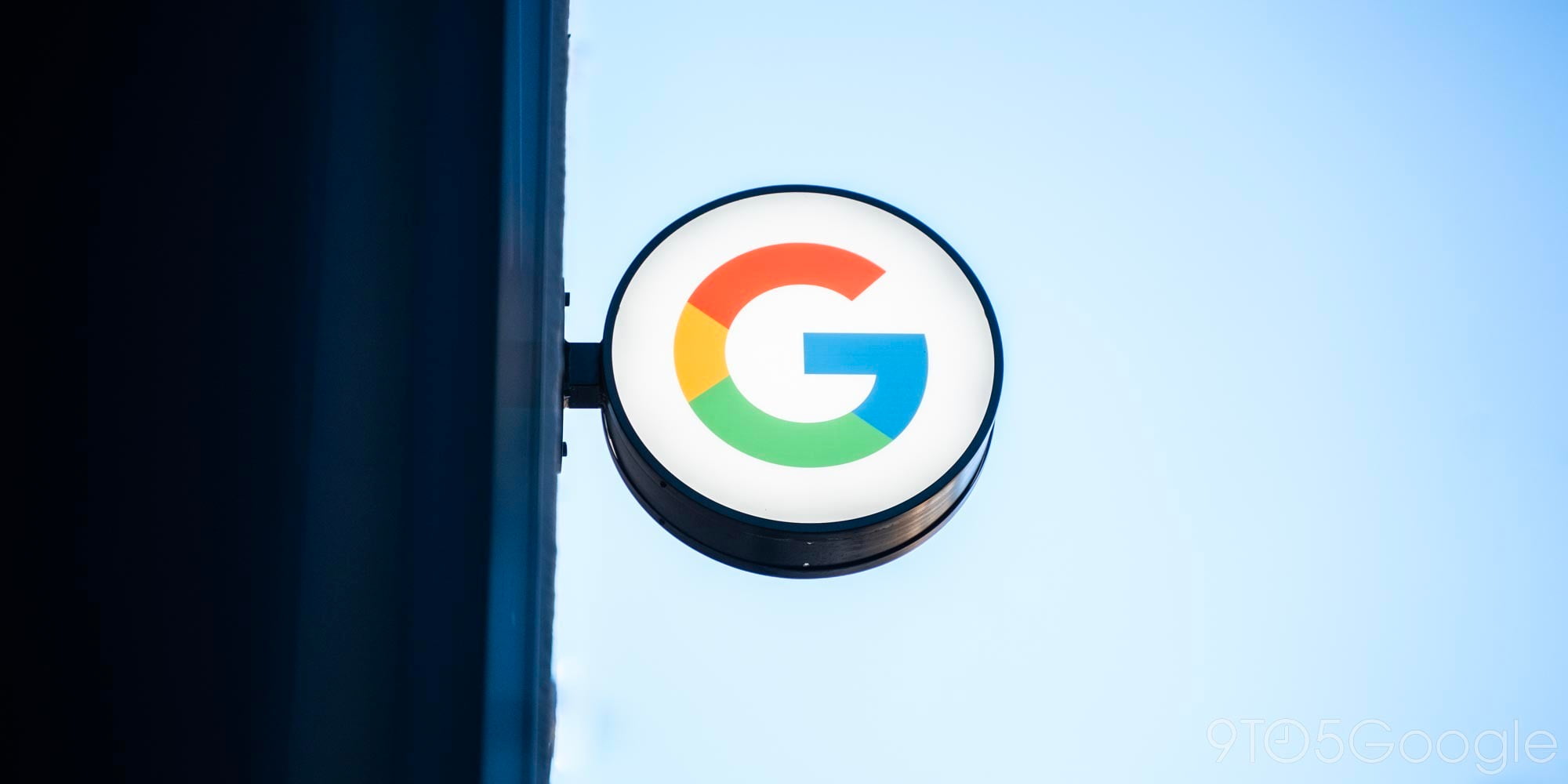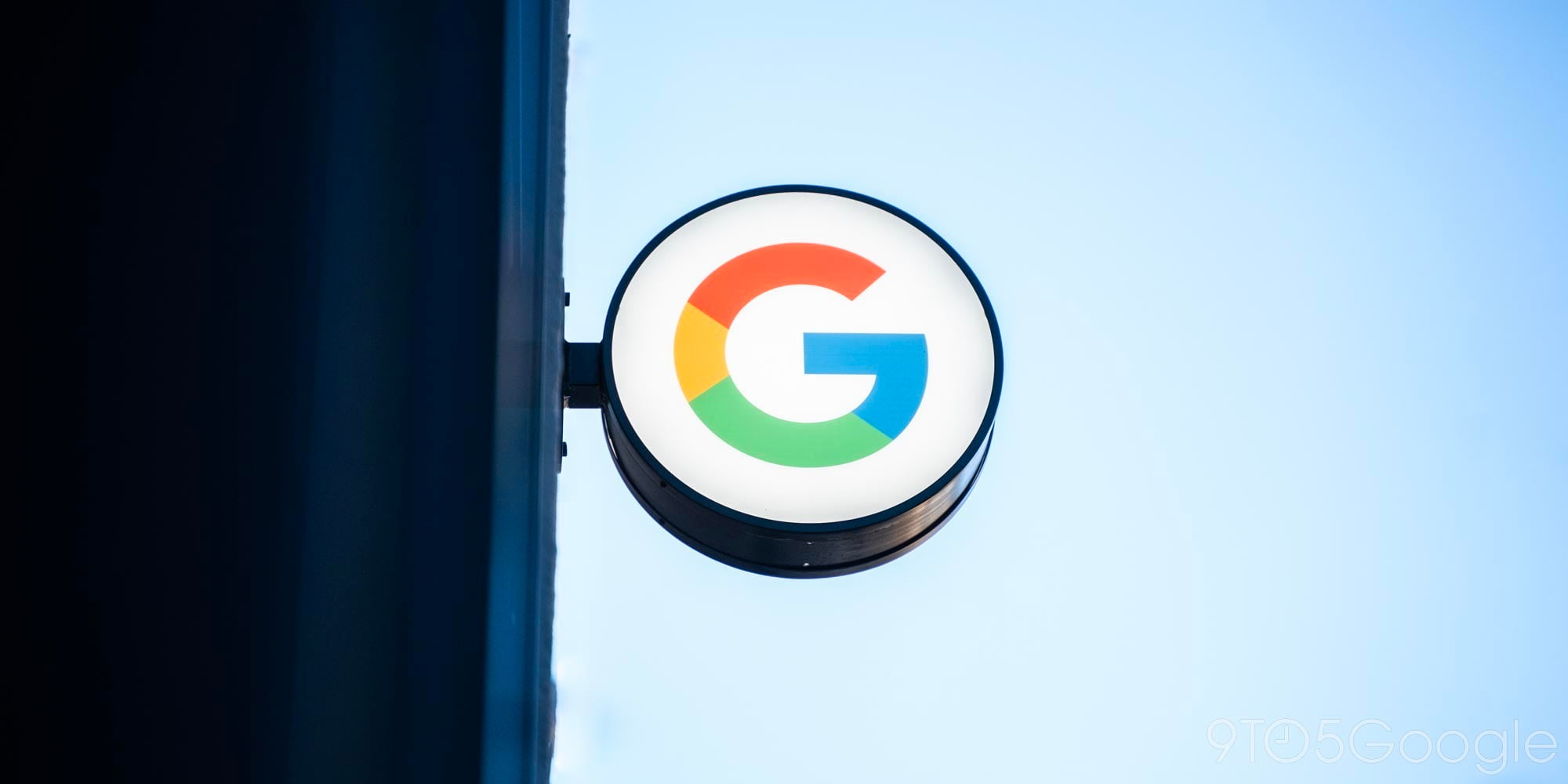
After a delay of approximately three weeks, Chrome OS 80 is beginning to roll out. Google this morning detailed headlining features like Ambient EQ for Samsung’s Galaxy Chromebook, but there are a slew of other changes.
The web today is littered by sites asking you to send alerts. Chrome OS 80 debuts a quieter notification UI that replaces the permissions pop-up. Instead, a “Notifications blocked” prompt slides out and later contracts to a crossed-out bell icon.
On initial launch, a help dialog explains: “You usually block notifications. To let the site notify you, click here.” It can be manually enabled from Settings > Site Settings > Notifications under “Use quieter messaging.” Google plans to roll it out automatically for users that repeatedly deny notifications and sites with “very low acceptance rates.”
Chrome 80 for desktop and Android rolled out on February 4, with the Chrome OS version originally expected the week after. Chromebook-specific changes this release include:
- On Chrome OS tablets and convertibles, autorotation will stay enabled when you connect a mouse. As a result, you can pair a pointing device in portrait or tent mode without having to manually rotate.
- New Linux users will have a container using Debian 10 (Buster). In the future, Debian 9 (Stretch) containers will be upgraded.
- During the setup process, there’s a new notification for Chromebook Enterprise enrollment. Appearing at the end of onboarding, this welcome page replaces requiring users to manually select Ctrl + Alt + E.
With Chrome 79, Google added saved password protections to warn about breached credentials as you’re entering them online. The warning message will now list up to three sites where you’re using the login.
Chrome adds support for SVG images in favicons. The scalable format helps sites and apps reduce overall resource size.
While browsing today predominantly occurs over HTTPS, some connections still load images, audio, and video subresources over HTTPS. Chrome OS 80 autoupgrades HTTP audio and video, with content blocked if it fails to load over HTTPS.
HTTP images on HTTPS pages are given an exception this release, but the browser will warn “Not secure.” Additionally, affected resources can be unblocked by tapping the lock icon > Site Settings.
Google will begin rolling out tab groups in Chrome 80, but a wider launch is not expected until the next release. This feature was first announced last September for Chrome on Android. On desktops, the organization feature lives in the tab strip. Each grouping can be named and assigned a color.

First-party cookies match the domain of the site you’re currently visiting. Chrome 80 is now restricting cookies to first-party access by default, with developers required to explicitly mark cookies for third-party usage.
“Lax” is designed to let normal browsing work as expected, only blocking cookies when connecting directly from one website to certain secure aspects of another.
Tagging a particular cookie as “Secure” tells Chrome to only use that cookie when making a secure (HTTPS) connection. This is done to ensure that nothing can listen in to your network and make a copy of your cookie for malicious purposes.
This change begins rolling out the week of February 17 to an “initial limited population.” Google will be “closely monitoring and evaluating ecosystem impact” and gradually increase availability.
FTC: We use income earning auto affiliate links. More.



Comments